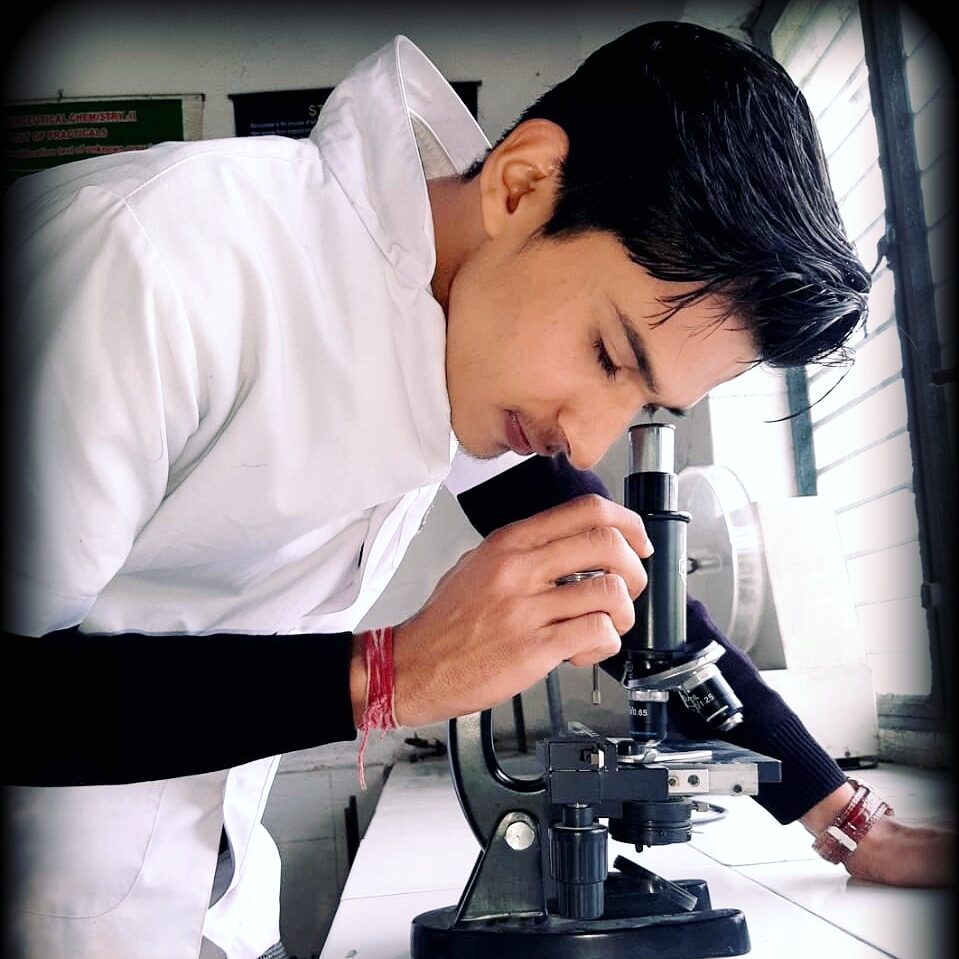Health screening services play a critical role in routine monitoring, early detection, and referral of undiagnosed cases, contributing to improved health outcomes and better management of chronic conditions. Here’s a detailed exploration of their importance:
1. Routine Monitoring of Patients
Preventive Healthcare: Regular health screening allows for the early identification of risk factors and changes in health status, enabling healthcare providers to intervene before conditions escalate into more serious health problems.
Long-term Health Maintenance: Routine screening helps monitor patients’ overall health status, allowing for timely adjustments to treatment plans, medications, and lifestyle interventions to maintain optimal health and prevent disease progression.
Chronic Disease Management: For patients with chronic conditions such as diabetes, hypertension, or cardiovascular disease, regular screening helps track disease progression, assess treatment effectiveness, and identify complications early, facilitating proactive management and reducing the risk of complications.
2. Early Detection of Health Conditions
Timely Intervention: Health screening services enable the early detection of health conditions when they are more manageable and responsive to treatment. Early intervention can prevent complications, reduce the need for more intensive interventions, and improve patient outcomes.
Improved Prognosis: Detecting health conditions at an early stage often leads to better treatment outcomes and prognosis. Early diagnosis allows for more effective treatment options, including lifestyle modifications, medications, and interventions aimed at slowing or halting disease progression.
Reduced Healthcare Costs: Early detection and treatment of health conditions can lead to cost savings by avoiding the need for more extensive medical interventions, hospitalizations, or emergency care associated with advanced disease states.
3. Referral of Undiagnosed Cases
Identification of High-risk Individuals: Health screening services help identify individuals at increased risk of developing certain health conditions based on family history, lifestyle factors, or other risk factors. Referral of high-risk individuals for further evaluation allows for targeted interventions to prevent or delay disease onset.
Access to Specialized Care: For individuals with symptoms or findings suggestive of underlying health problems, timely referral to specialized healthcare providers ensures prompt diagnostic evaluation and appropriate management, reducing delays in diagnosis and treatment.
Multidisciplinary Collaboration: Health screening services facilitate collaboration between primary care providers, specialists, and other healthcare professionals, ensuring coordinated care and comprehensive management of patients with complex or undiagnosed conditions.
In summary, health screening services are essential for routine monitoring, early detection, and referral of undiagnosed cases, contributing to preventive healthcare, improved treatment outcomes, and cost-effective management of health conditions. By incorporating screening into routine healthcare practice and promoting proactive patient engagement, healthcare providers can identify health issues early, intervene promptly, and optimize patient care to achieve better health outcomes and enhance overall quality of life.




